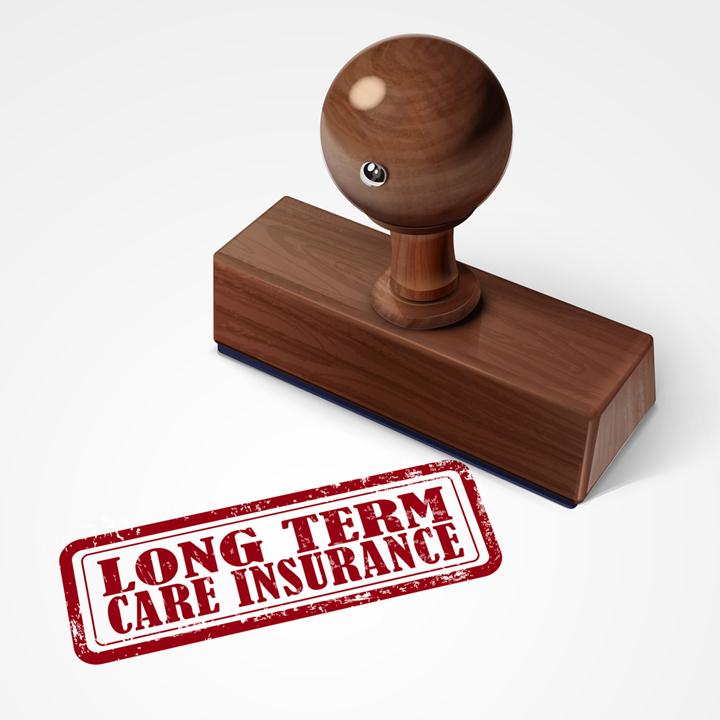Ageing is inevitable. It is something that was programmed into our DNA since inception. It is therefore common knowledge that our health usually tends to deteriorate as we age. This is true even for those people who live a healthy lifestyle. This progressive deterioration of health might require long term care over an extended period of time, which might not be within the scope of short term covers.
People who suffer from disabilities or have chronic illnesses may benefit from this long term insurance cover as it caters for the costs involved in the provision of long term care, for example, where help is needed for tasks such as eating and bathing.
When to Buy Long Term Care Insurance?
The age of 50 is generally considered the ideal age to purchase this insurance due to various reasons. To begin with, the mid-50s is known to be the age at which health begins to deteriorate. Simple visits to the doctor usually end in prescriptions. Therefore, the health condition of a person at this age will usually determine whether they will qualify for cover and whether they will receive discounts on the premiums charged.
According to agingcare.com, this age has the highest qualification rate for cover. Additionally, premiums are usually comparatively low.
Qualification for Long Term Care Insurance
A healthy 50-year-old is usually charged lower premiums than a 60-year-old purchasing long term care insurance with similar terms. This makes the mid-50s the ideal age to purchase this insurance. Healthy people also receive discounts and whatever discounts they receive will not be lost even if their health deteriorates.
It is wise to consult an insurance professional concerning this cover to determine whether certain conditions are relevant to the cover. It may be that these medical conditions, which were initially rejected in the past, have become acceptable. It is advised that purchasing this cover as early as possible is best as the premiums increase with age.
Purchasing this cover at an advanced age may not be possible even though this might be the time when you need it the most. Purchasing this cover at an old age might have an impact on your income, making it impossible to keep up with the payments. In the end, you may end up losing your investment due to non-payment.
Latest Data
Data has shown that the percentage of successful applicants seeking cover decreases with an increase in age. For instance, 62.0% of people between the age of 40 to 49 qualified for the cover while in contrast only 38.0% of those aged between 60 to 69 qualified for the cover.
An existing medical condition might affect the cover further, leading to higher premiums or non-qualification for the cover. Data concerning those who did not qualify for the cover shows that 14.0% of people aged between 50 to 59 did not qualify for the cover while in comparison 23.0% of people aged between 60 to 69 did not qualify. This indicates an increase in the number of those disqualified as age increases.
Featured Image: depositphotos/Jirsak









